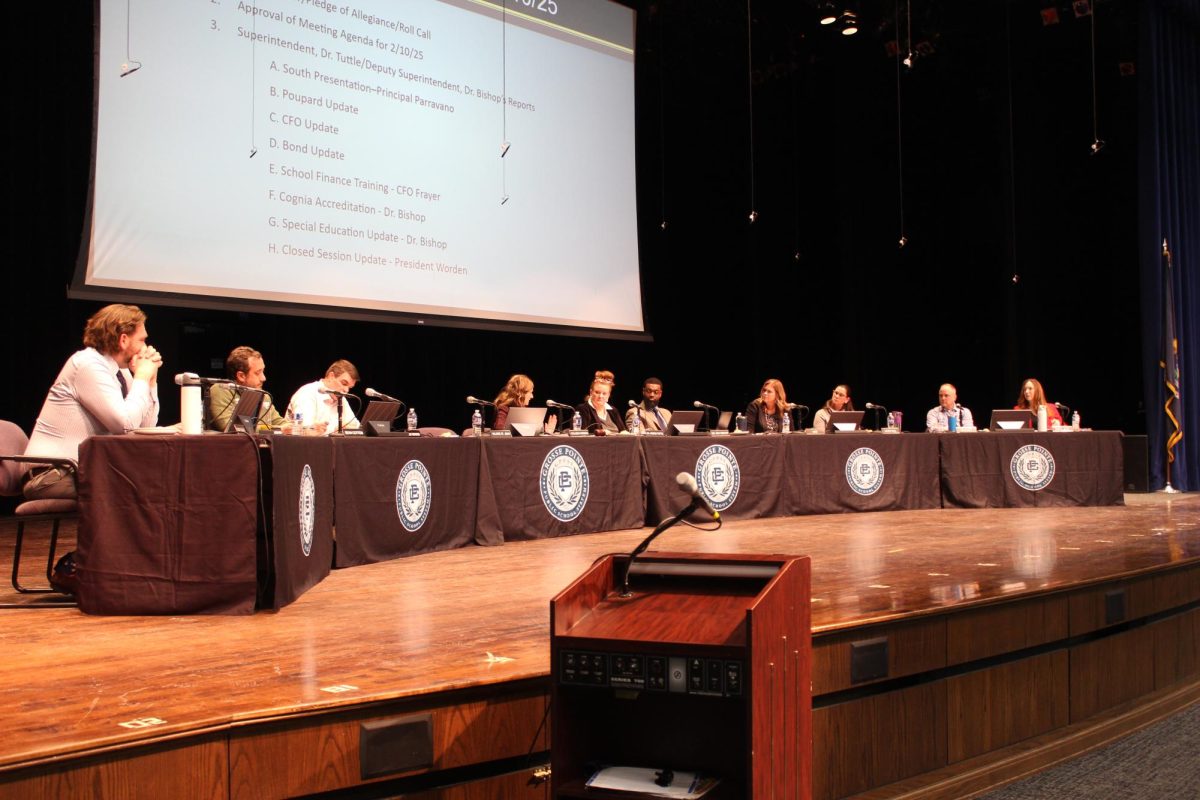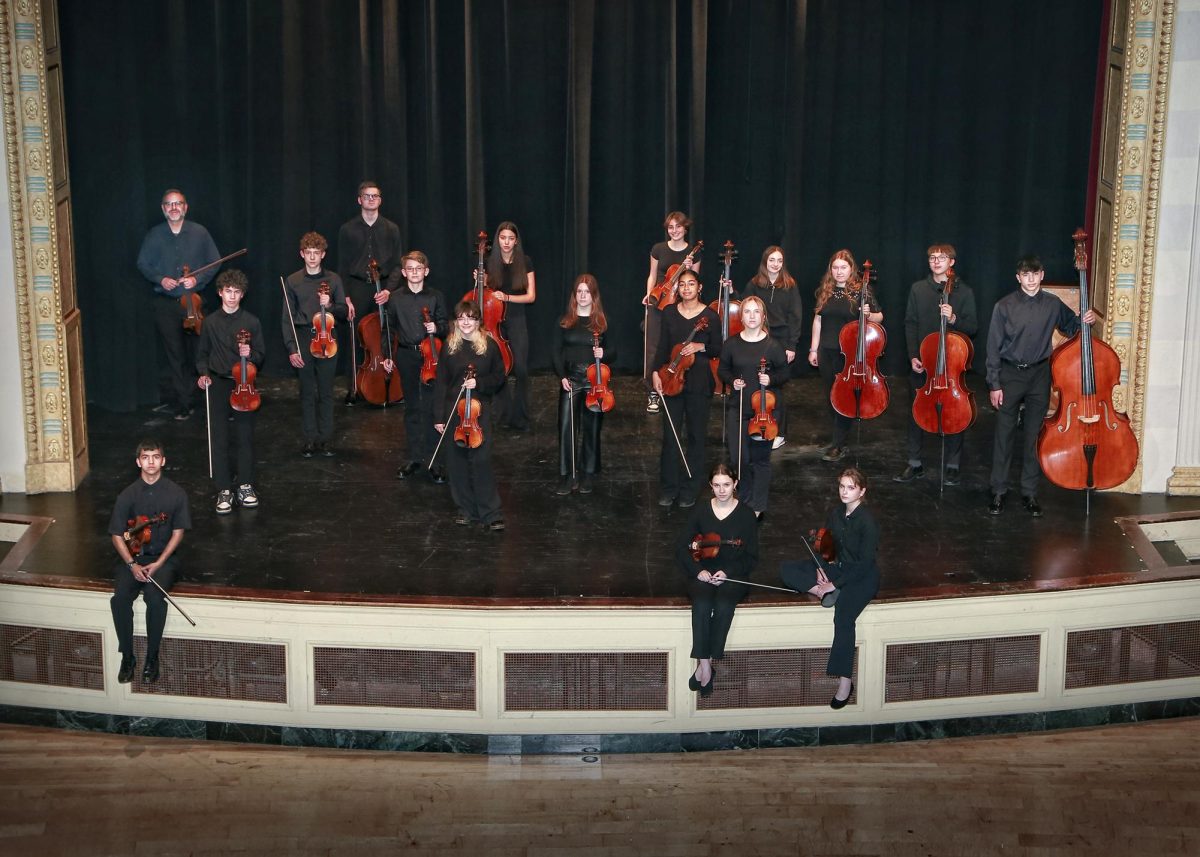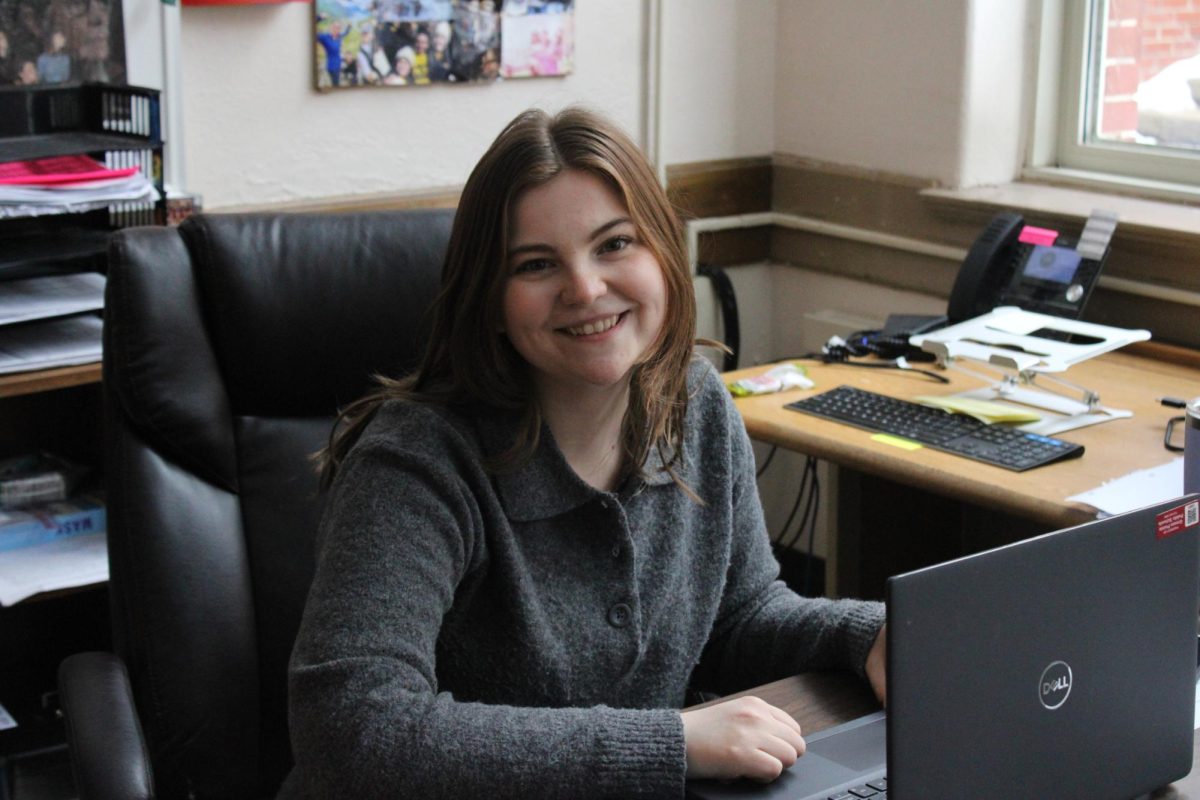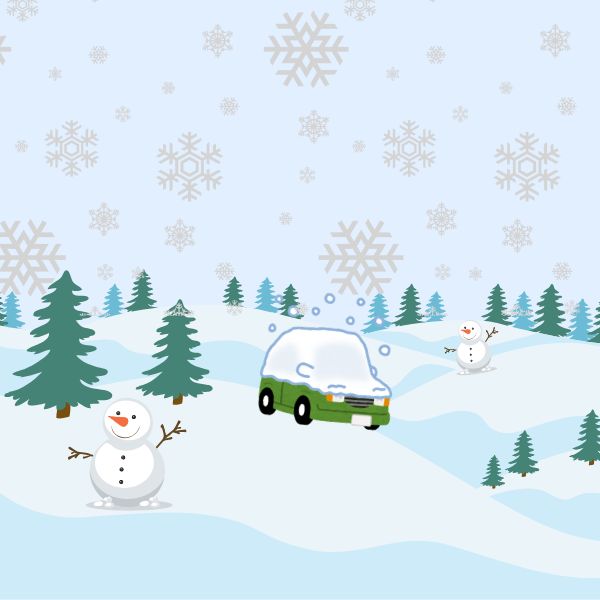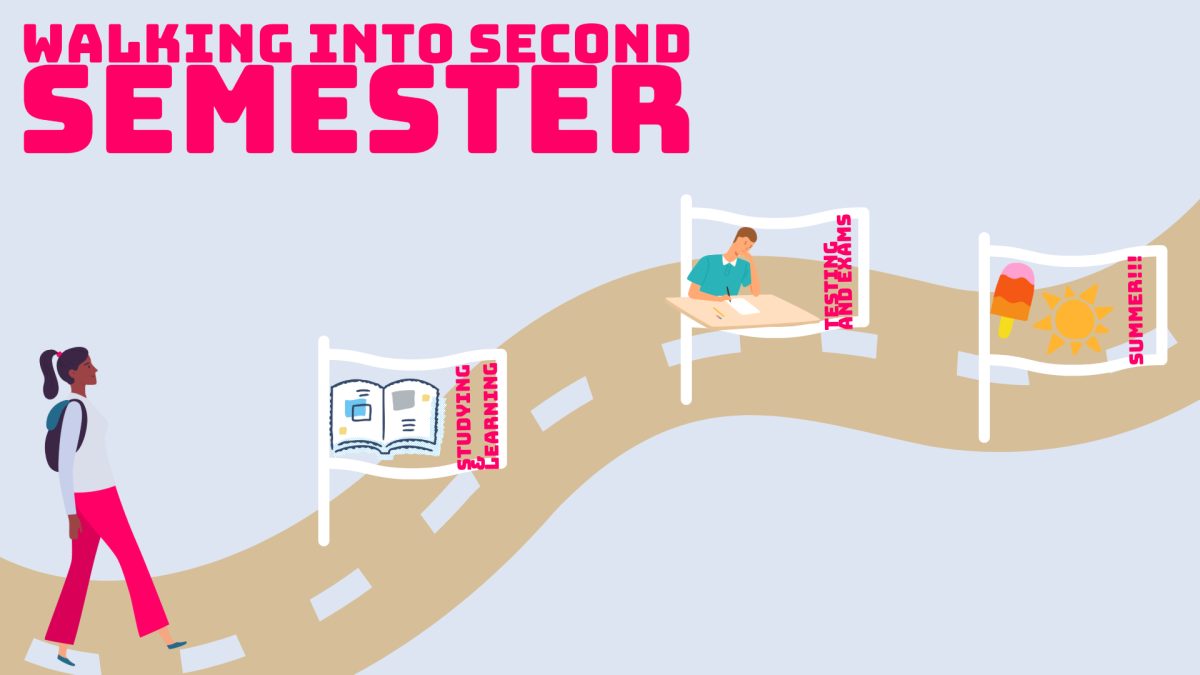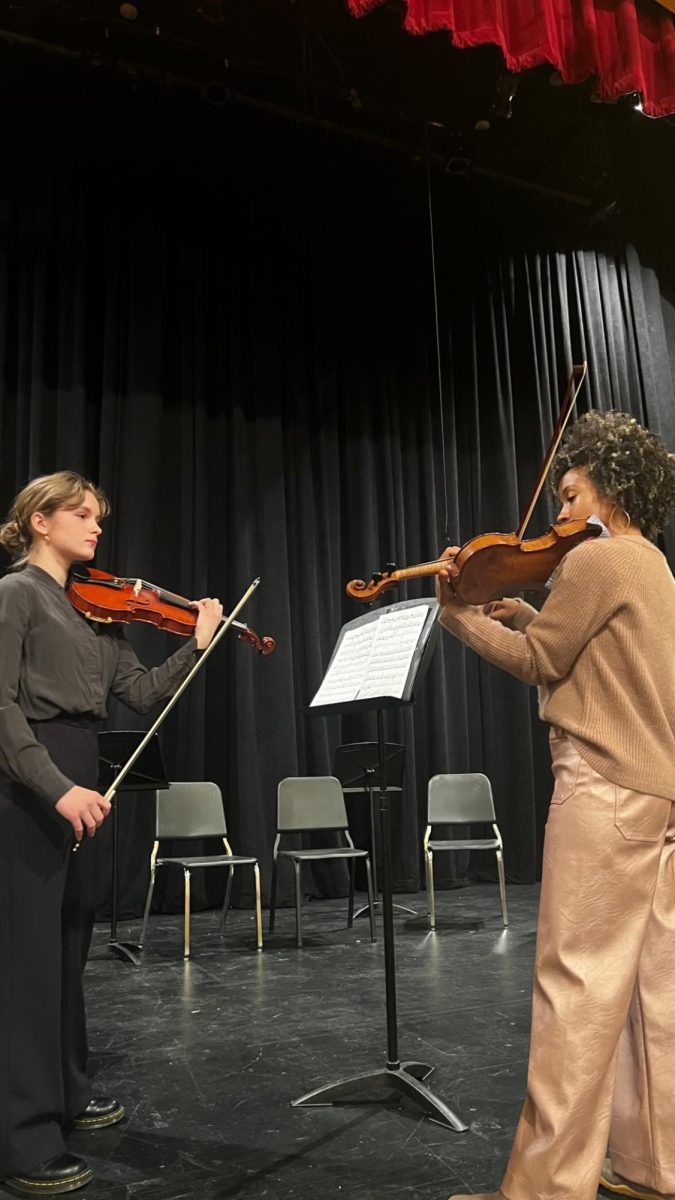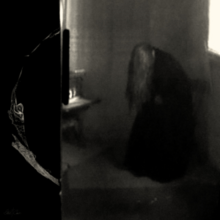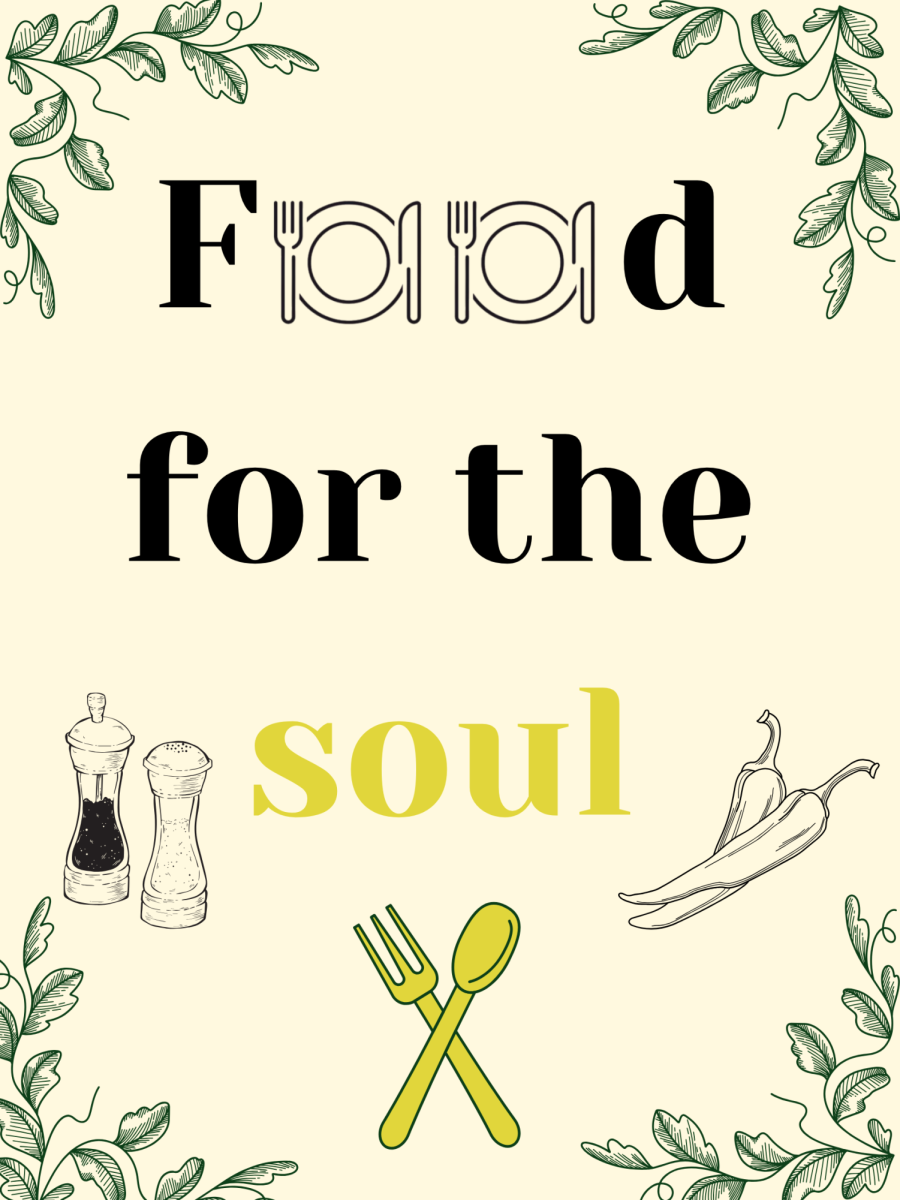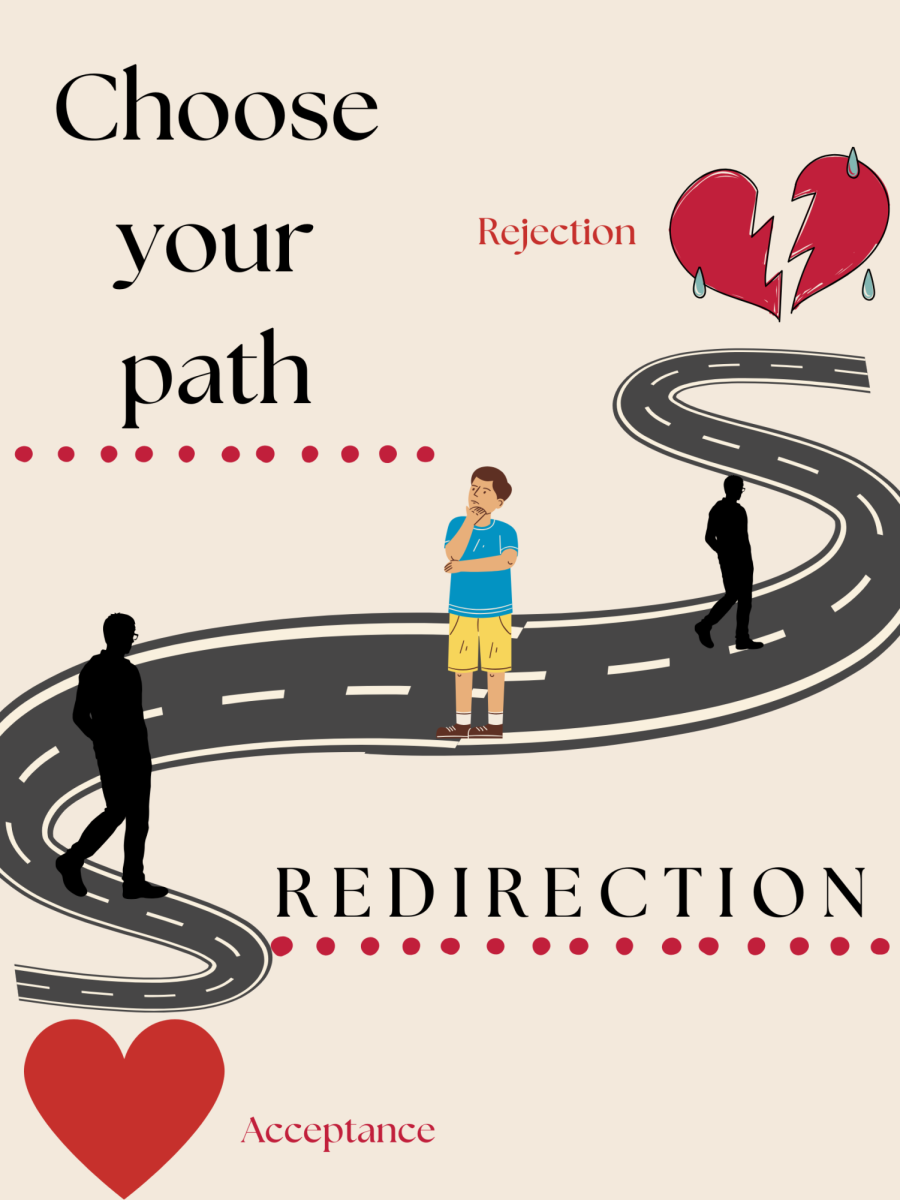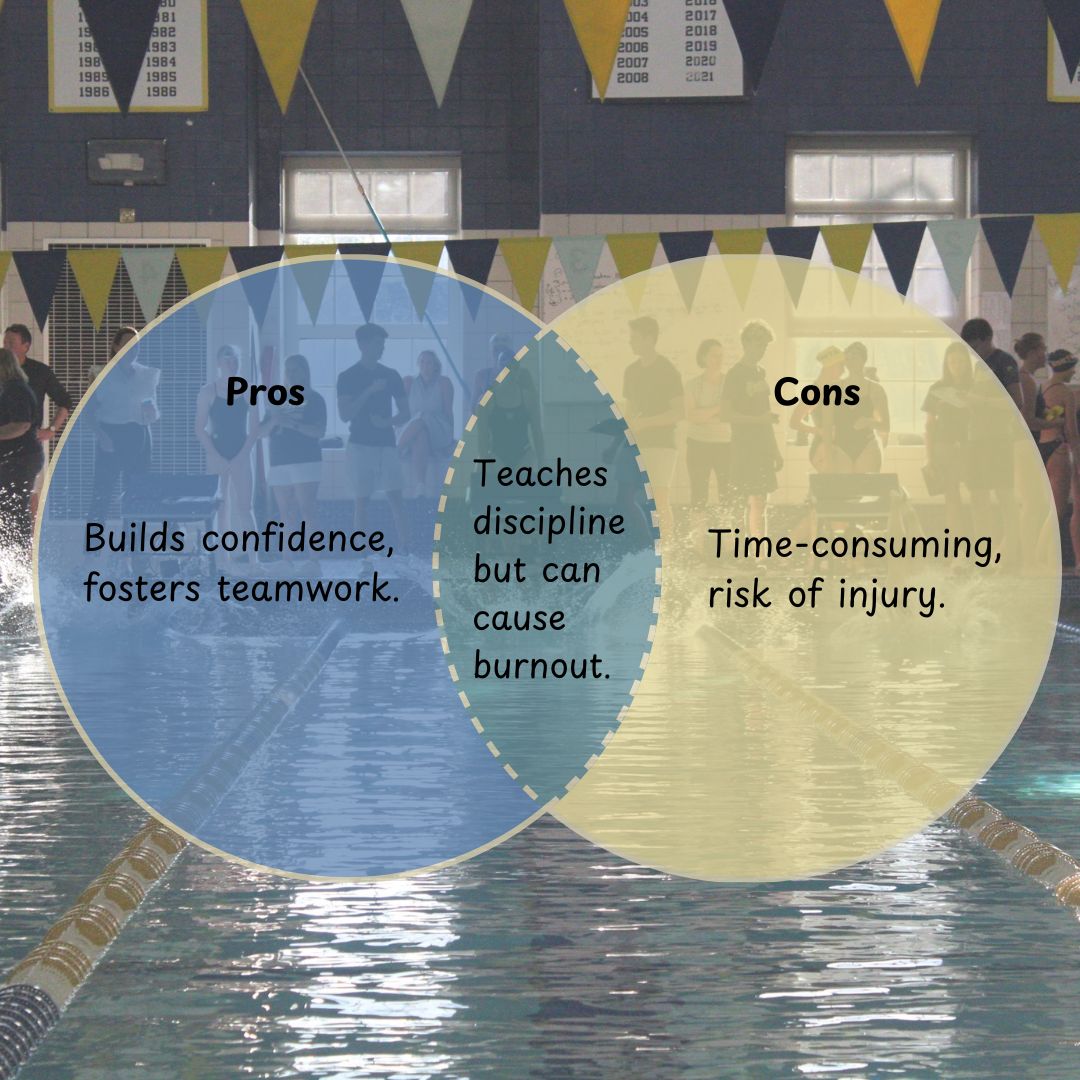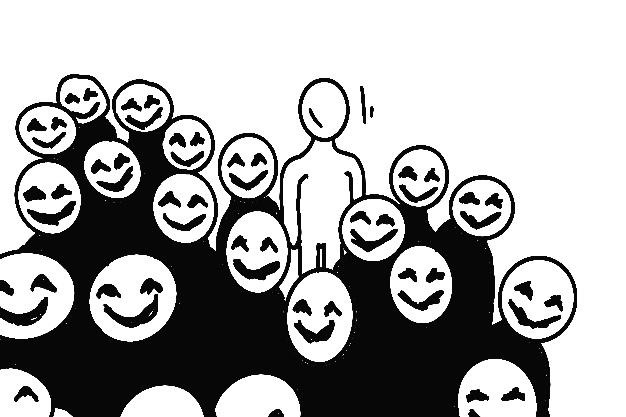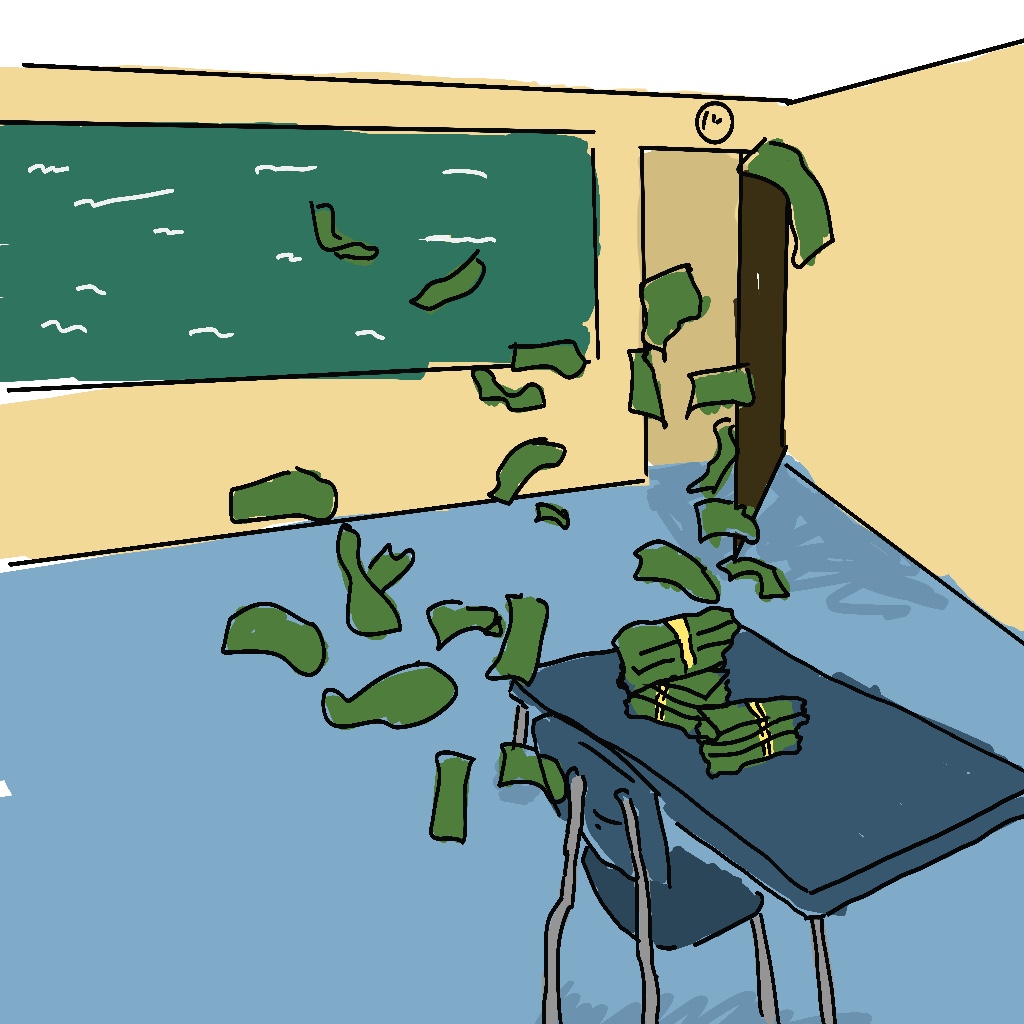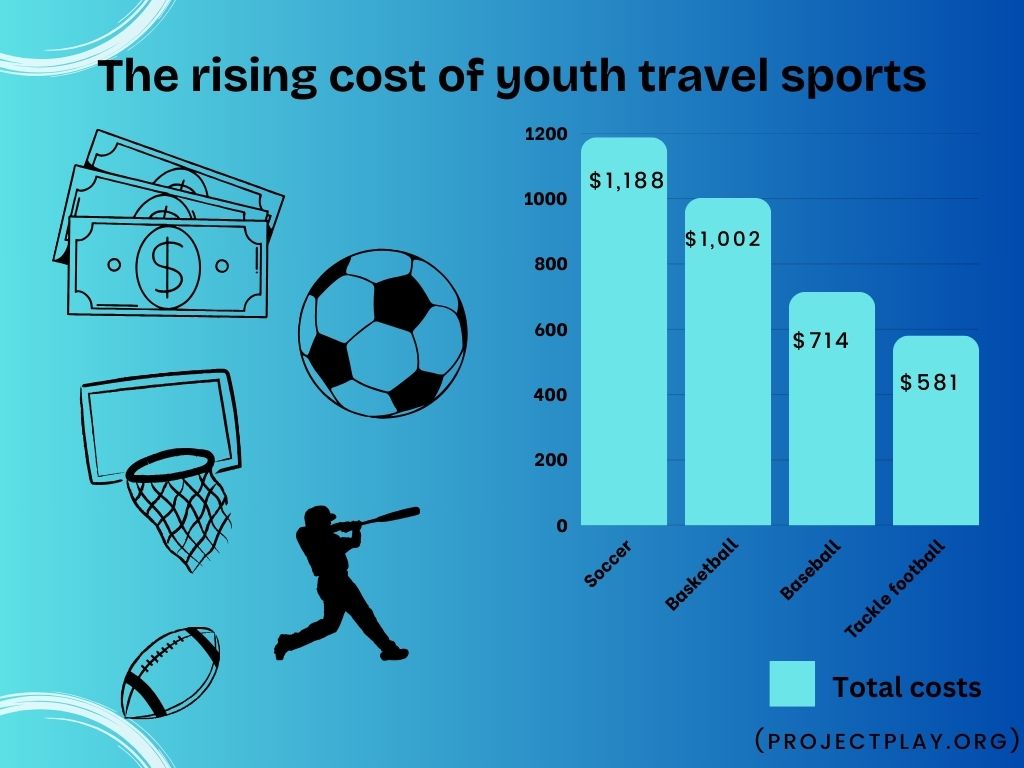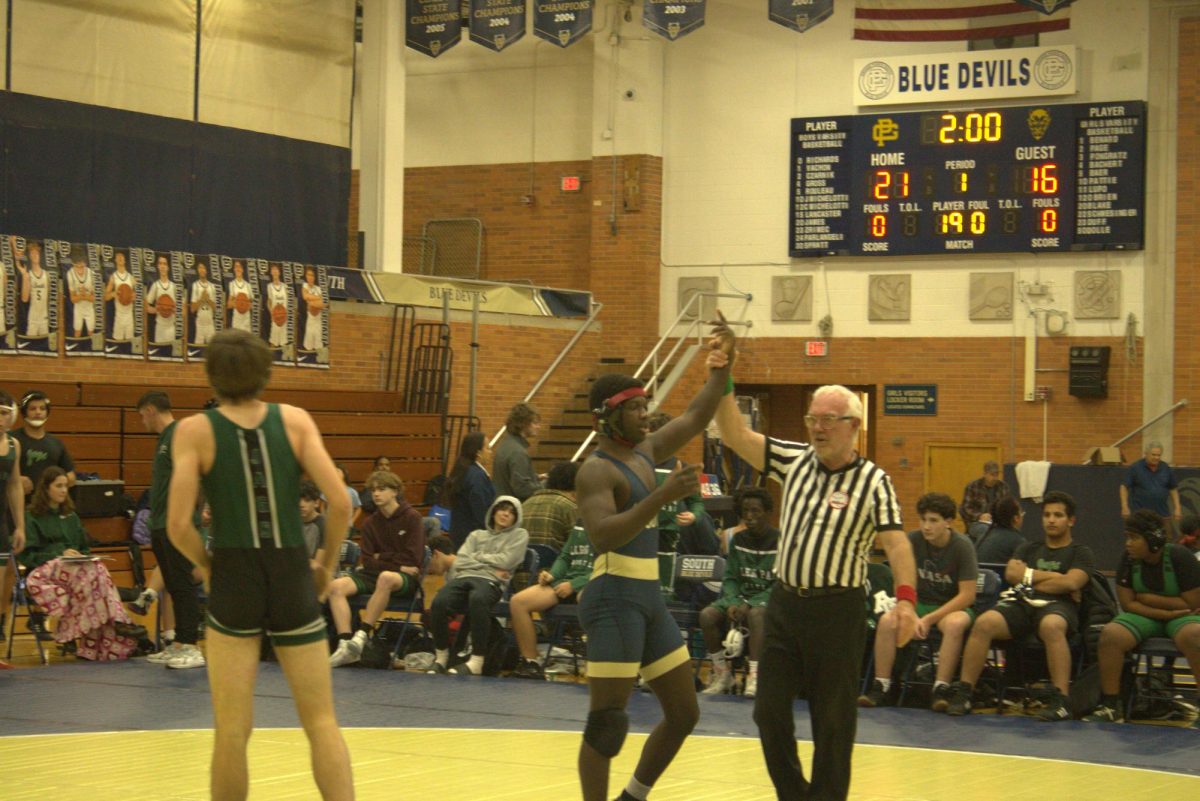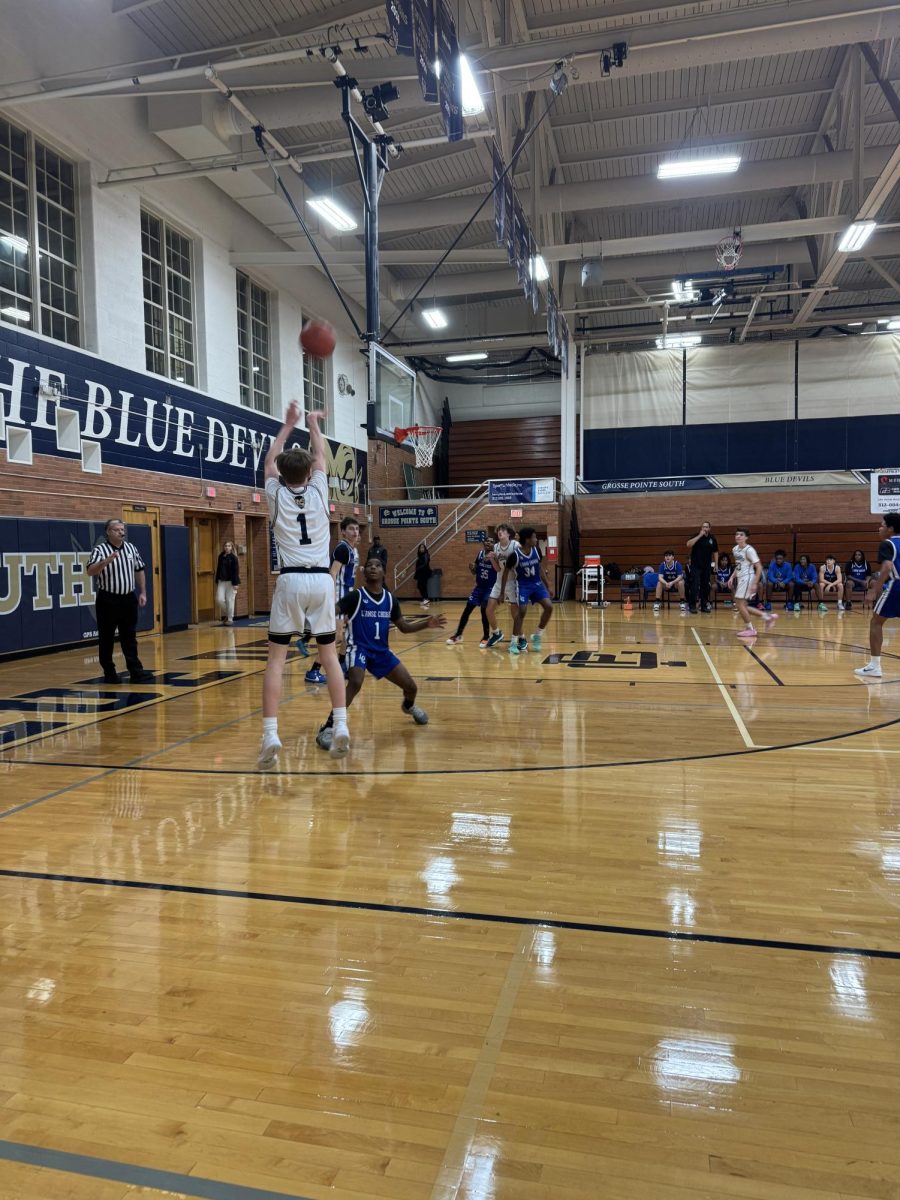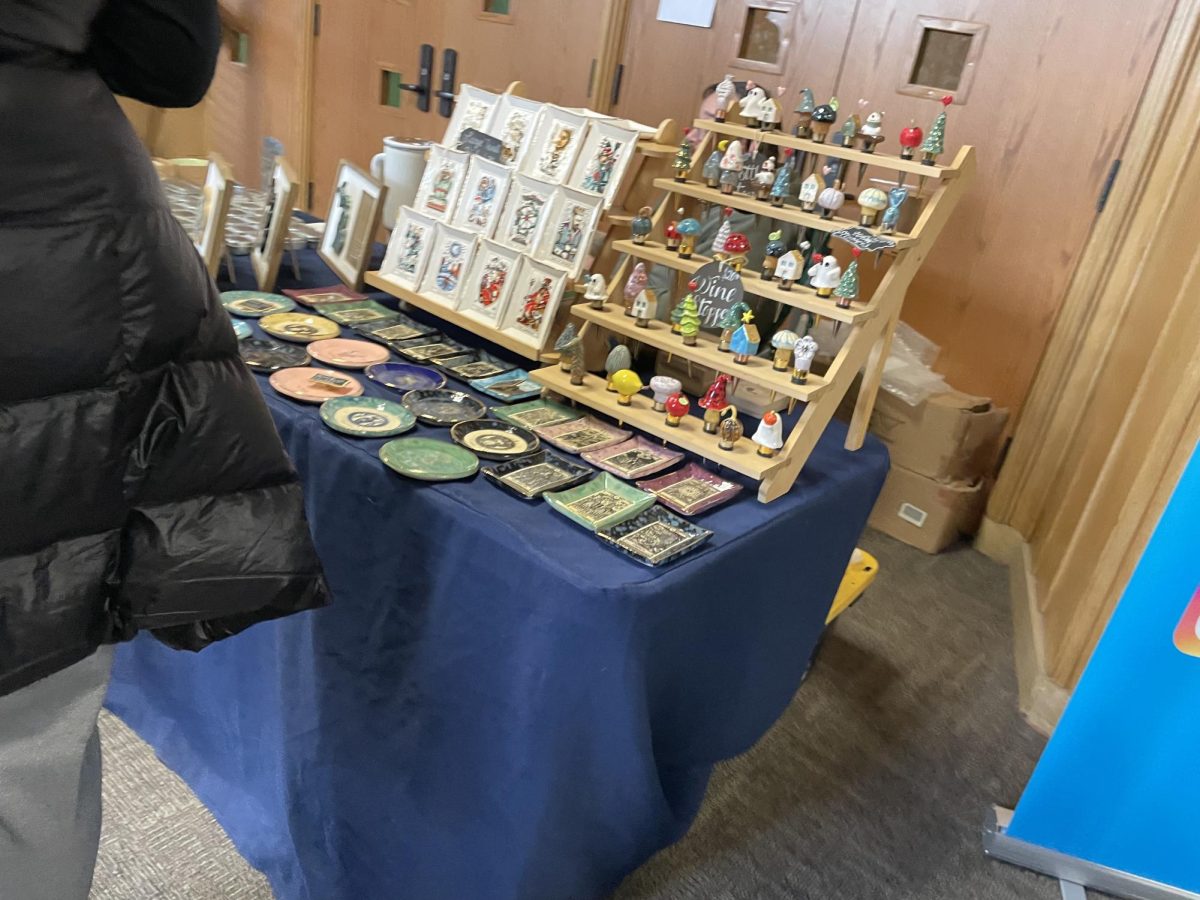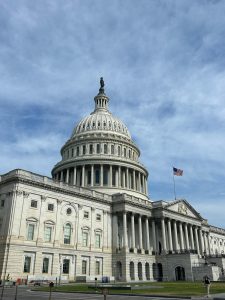New hobbies helping students cope during Covid pandemic
June 5, 2020
The coronavirus has caused a pandemic affecting people of all ages not only physically but also mentally. According to Dennielle McIver, a Mental Health Therapist at the Pediatric and Adult Behavioral Counseling center, quarantine has changed the norm for everyone. She says most teens have one of two experiences during quarantine: positive or negative.
“It can be the intensity of the experience or the capacity to bear the experience by developing the necessary tools and skills to maintain their mental health,” McIver said. “Seniors had to change everything. Those attending college in the fall are wondering if they will be able to see their friends. Will they even be moving away? Juniors are unable to take their ACTs and apply for colleges. Sophomores are unable to complete drivers training. Couples, friends, and best friends are no longer able to see each other. There has been a lot of uncertainty; but feeling safe, having adequate supplies, food and high speed internet seems to have the greatest positive impact on teens overall mental health.
McIver said during these times, mental health is very fragile. Not only can teens experience anxiety, depression, stress, anger, frustration, and sadness but also a new emotion.
“Quarantine has introduced a different emotion, one that we may not have really focused on in the past or even really acknowledged that it was something that could affect our mental health. The most common emotion that I have been helping teenagers with is “boredom,”” McIver said. “How does a teenager manage their time without a routine, schedule, expectation, goal or reason to get out of bed anymore?”
Many teens that McIver sees said they have found many different methods to combat boredom.
“Many have learned to paint, draw, sew, or they clean out old clothes and redesign, build furniture, learn TikTok dances, and just anything creative,” McIver said. “They have also used social media platforms to stay in contact with friends and family and to raise money for hospitals and charities.”
Enya Nguyen ’20 said quarantine has led her to pursue special interests she didn’t have time for before.
“I always put off learning Vietnamese, giving myself excuses like I didn’t have time,” Nguyen said. “However, now I obviously have a lot of time. Also with my dad being home from work, I can practice speaking with him more than I would have before.”
Nguyen and Tony McKenzie ’20 both agree it is important to keep yourself during quarantine to prevent depression, laziness, or sadness.
“During the early parts of quarantine I was just sulking around waiting for it to be over and not really doing anything besides my school work,” McKenzie said. “It didn’t take long for my motivation to almost drop to nothing as school work was the only thing I was doing in my spare time. To get my mind off of the stress, I started filling my time with activities I enjoyed, like baking and reading.”
Nguyen emphasizes that it’s important to not waste all your time as about “one-third of this year is spent in quarantine.”
“I wish during the beginning of quarantine I was more productive with my time,” Nguyen said. “I already told myself I wanted to start working on writing a song, but whenever I had the chance I was instead just scrolling through Instagram.”
McIver not only says to keep yourself occupied during this time but also said that this is a time to find yourself and see what you like.
“It’s time to be whoever you want,” McIver said. “Take this opportunity and create your own unique “glow up.” Be the most authentic you and learn how to be comfortable with who you are. Fall in love with yourself. Journal, practice mindfulness and gratitude, get a counselor and learn how to control your emotions that you are experiencing during a pandemic.”
McIver and Mckenzie believe that this is a chance to show how resilient you are and to evolve into a better version of yourself.
“Every tragedy results in opportunities to evolve into a better version of yourself,” McIver said. “If you need to have a meltdown, have a meltdown (just don’t hurt yourself or others). If you need professional help, counselors are available and will provide you with a safe place to talk. Whatever you decide to do with your time during this pandemic, try to do at least one productive activity per day that will make you feel better.”
Nguyen said it is important to love yourself and others and try to spend as much time with family and friends as possible.
“One important thing I have learned is to appreciate the people in your life more and just make memories,” Nguyen said.
McKenzie has also taken important lessons out of the pandemic about his future and himself.
“I’d say I’ve taken away two things,” McKenzie said. “One is that I’m not going to be young forever. It’s a thought that has been hitting me hard in quarantine. Within four months, I’ll be in college without being told what to do and when to do it by an adult. This means that I will solely be responsible for myself, forcing me to be more responsible. The second thing is just the importance of staying healthy, which is a reason why I started working out, to make myself accountable for something I regulate myself.”
McIver emphasizes the overall importance of self-love and kindness, especially in times like this.
“Be kind to yourself,” McIver said. “Quarantine and this pandemic is hard, scary and stressful; but so was school, academics, sports and life when there wasn’t a pandemic. Enjoy this time off and take care of yourself.”
McKenzie agrees with the message McIver is spreading.
“Being in quarantine has given me time to take better care of myself and general and working out is the big one. Now that I don’t have to be up at a certain time, or spend 7 hours of my day in classes, I have the flexibility to set my own schedule and get things done when it’s convenient for me. And overall, I have just learned to love myself more and be kinder to myself.”
Most importantly, McIver said it is important to take care of yourself physically and mentally during and after quarantine and during the transition.
“Right now teens have an exceptional amount of mental stress,” McIver. “Everyone is coping in their own way. Do not focus on what you read online or what people are saying they are doing. Focus on you and where you are at emotionally. Focus on what you can control and less on what you can’t control. There is no guidebook on what you’re supposed to be doing or feeling during a pandemic.”

